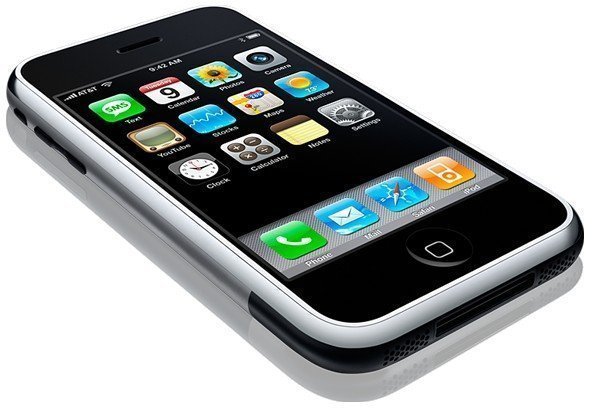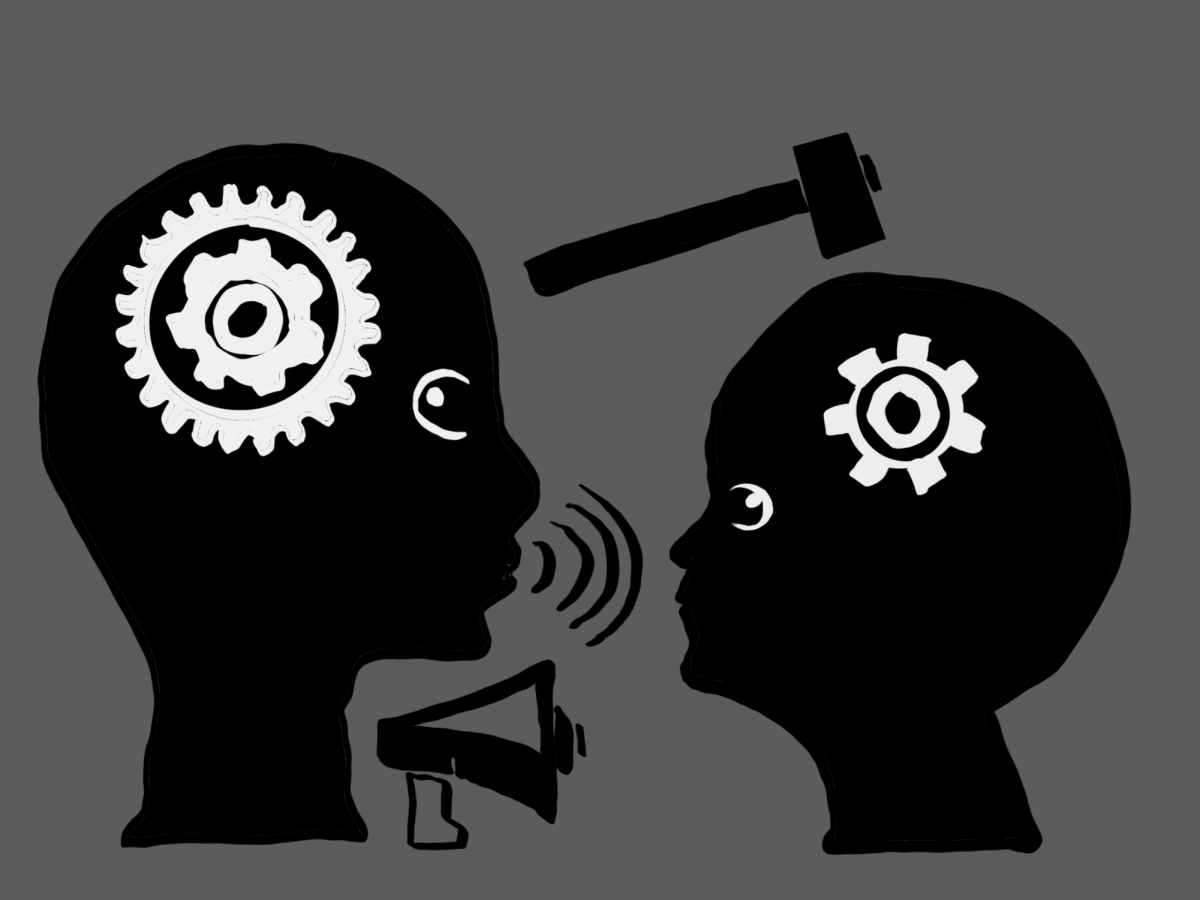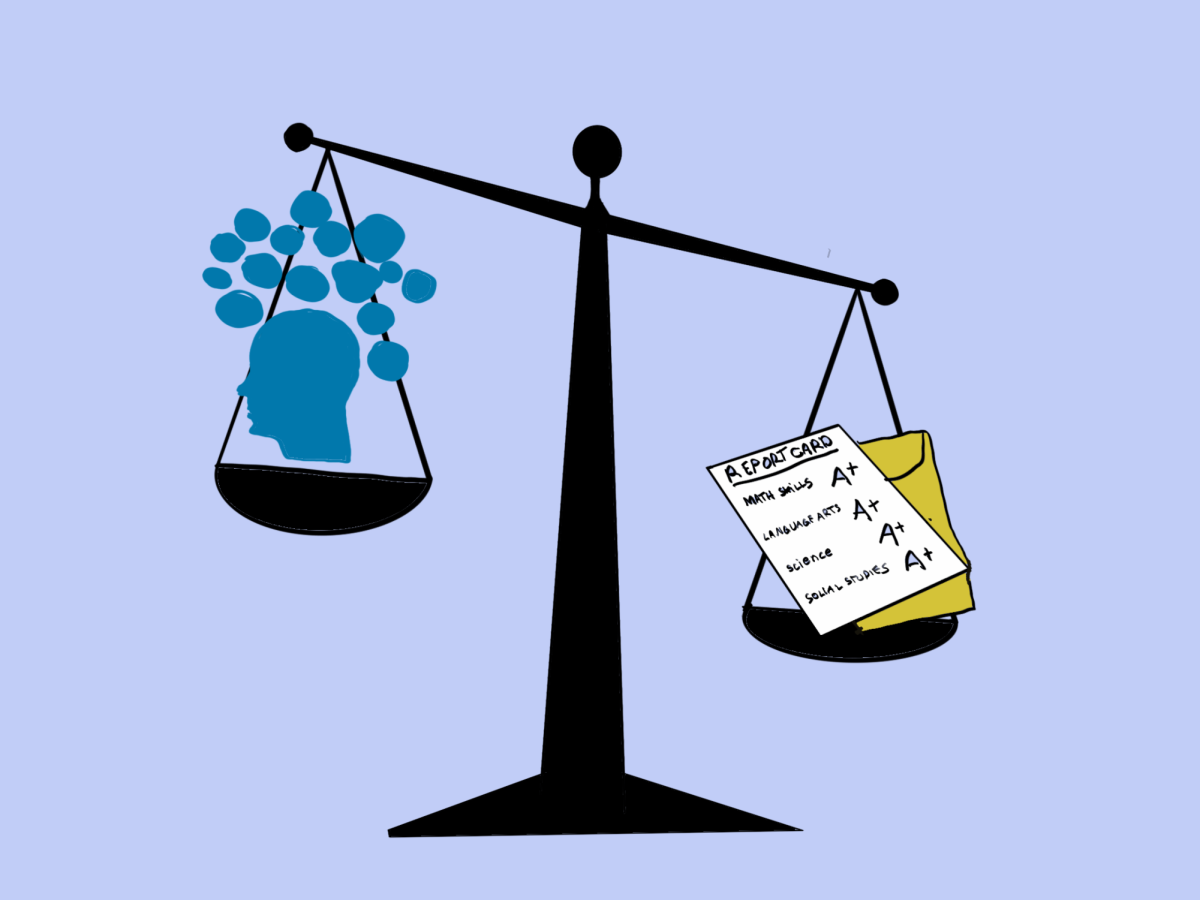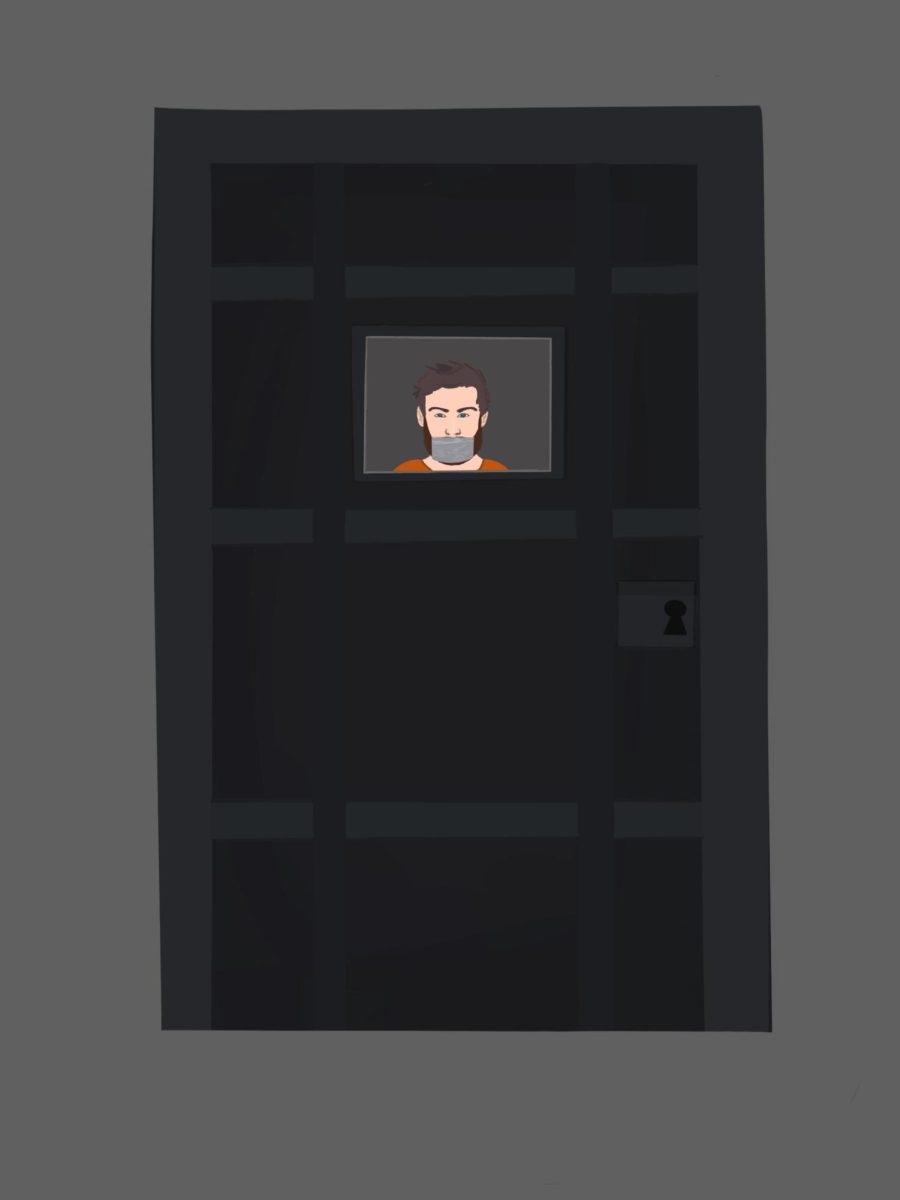
Dating a computer. In today’s times, we probably would never do something like this, but new movies such as “Her” show this kind of relationship may become a reality. If my friend dated a computer today, he’d be considered insane, but is our love of technology really that far away from this sort of relationship? What is the difference between our friends and our computers?
Every teen and adult nowadays immerse themselves in technology, and are truly addicted to it. Technology is in the palm of our hands, which sounds great until our dependance on it causes inability to be independent from it. The internet and silly games take up most of our time. Flappy Bird is an over addictive game that was deleted by its own creator. Some people would ask why a man making over $50,000 a day on advertisements in Apple’s number one app for multiple weeks would want to stop making money. The Creator of the game deleted this app because he thought people were becoming too addicted to it, and playing it non-stop. He thought the game was supposed to be played every once in a while — as a relaxing game, but it has become a much larger deal. With high scores of people ranging from 4 to 404, people can’t stop. But is flappy bird, and other games like it, taking over our lives?
Our addiction to smart phones may be incomprehensible. The average person — between texting, the internet, and games — spends 4-7 full hours each day devoted to his or her smartphone. We can shop, talk to our friends — and be entertained by our smart phones, too. This technology puts these activities in the palm of our hands, and we rely on them. Most teens could not spend more than a few hours apart from this device without becoming bored. Without an Iphone, people would be forced to physically communicate more, see each other face-to-face.
This convenient technology also deprives us of sleep. The average person will stay up till 12am or later playing a game on a phone or using the internet. Since the technology is so addictive, we usually will never know how long we are staying up at night using it. The addictiveness of the technology has also caused us to become more reliant on our phones, and makes it hard for us to go without it. Teens and adults rely on their phones for communication and safety. With teens going next to nowhere without their phones, they are likely on them at all times. This reliance on our phones explains why we can not live a device free life.
Teachers are embracing smartphones into the learning curriculum. Teachers have recently been assigning projects involving smart phones in the classroom. Some projects include the opportunities to use the internet, or take pictures in a very mobile and light fashion. But is embracing the use of smartphones in the classroom feeding the addiction, strengthening our reliance? What will the outcome be if its taken away? “When a kid in our generation is faced with a problem, he or she would rather google it, rather than trying to think about it” says Sophomore Grace Hoegler, “Kids are more irrational about what they say with new modern advancements in technology.” Smartphones contain people’s entire lives. If taken away, their lives would drastically change. Our addiction has set us up to be reliant on our technology and without it we do not know how to communicate with others and be entertained. It has caused us to believe we always need our phones to achieve these things. Without them, people would be see each other more, and spend more time together, rather than being alone — texting or skyping our best friend. Students are also prone to spend a lot of time with their electronics at night, staying up very late. They would be a sleep a lot earlier if smartphones were put away at night, and people were not attached-to-the-hip with their phones. The addiction would be stopped and people could spend more time with real people.
The new technologically wired generation is antisocial due to lack of face to face confrontation, and it thus treats hanging out with others as a special occasion rather than a routine activity. So maybe we should spend more time with our friends and our families, rather than text them, because the marriage of a man to a computer is not so far off. Our phones may be our best friends, but they are just computers. They may be entertaining, but they will never replace human-to-human communication, and being human beings. We should put our phones away before we get into bed every night, and try to spend more time with our loved ones, but will it be possible soon, or is it already too engraved in who we are, and how we behave? Our smartphones are a part of us, and without them we would not know what to do, because we truly are addicted.








